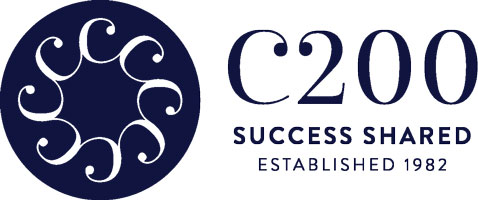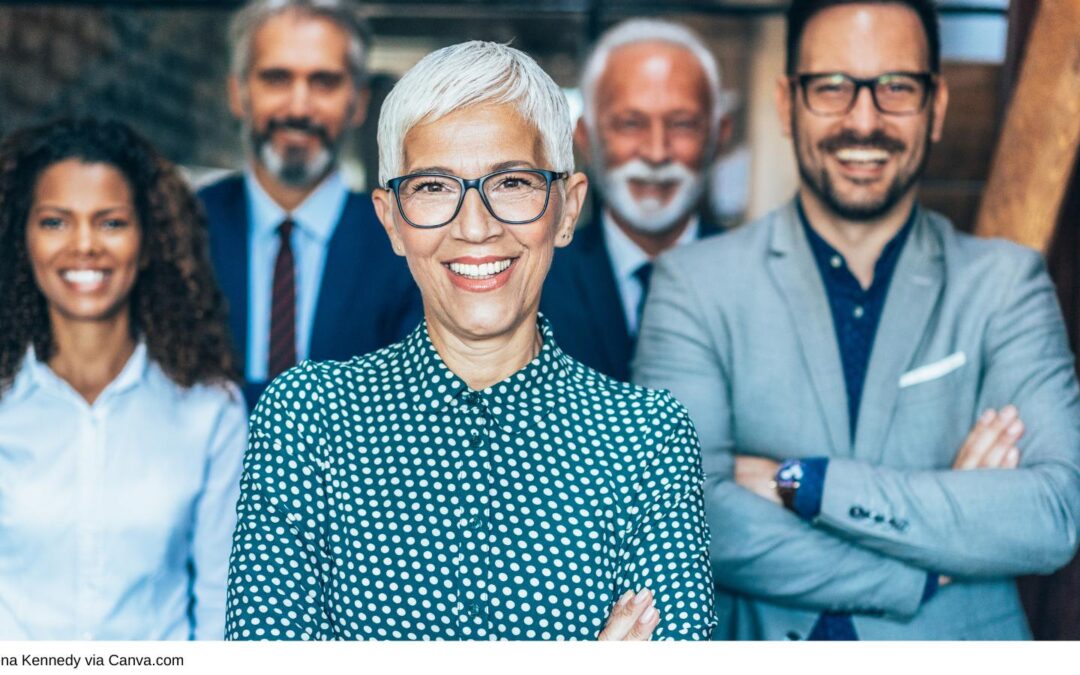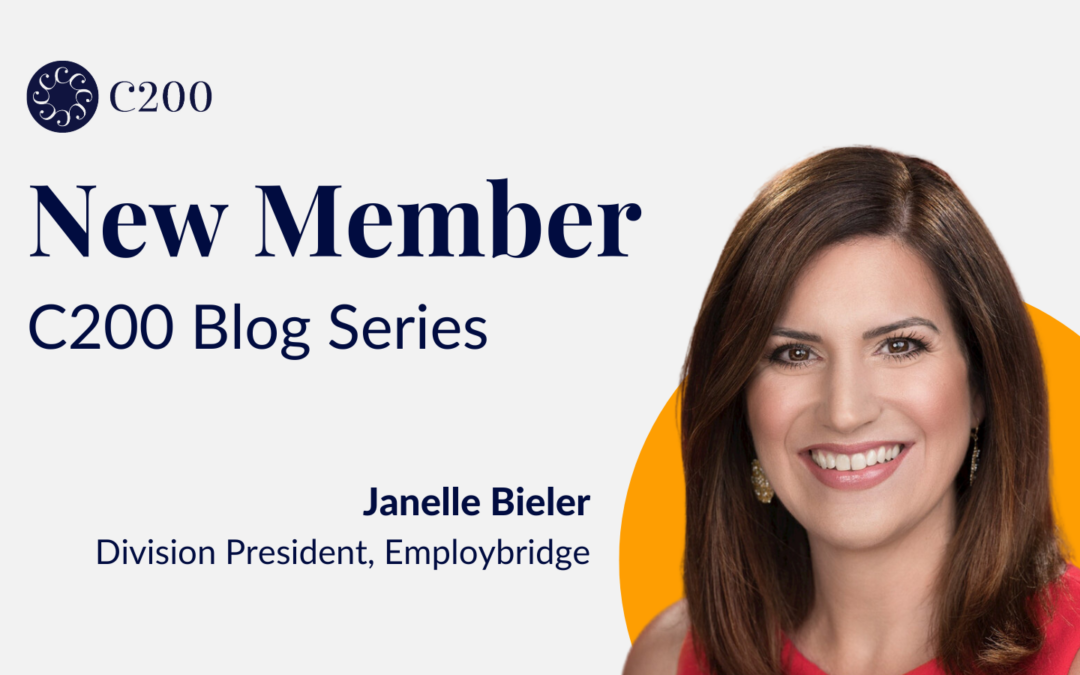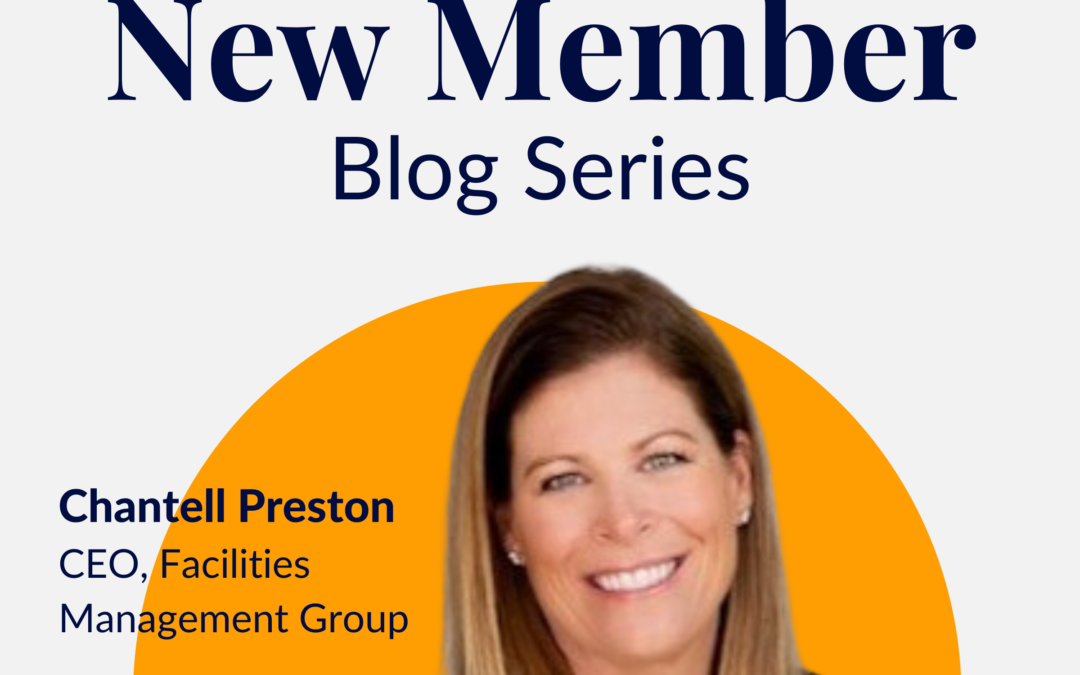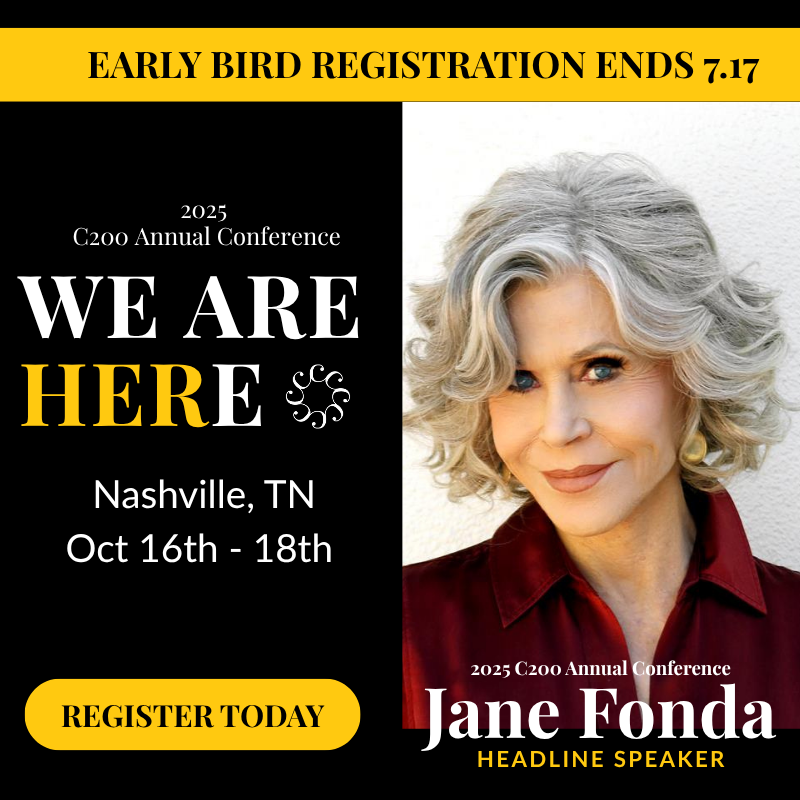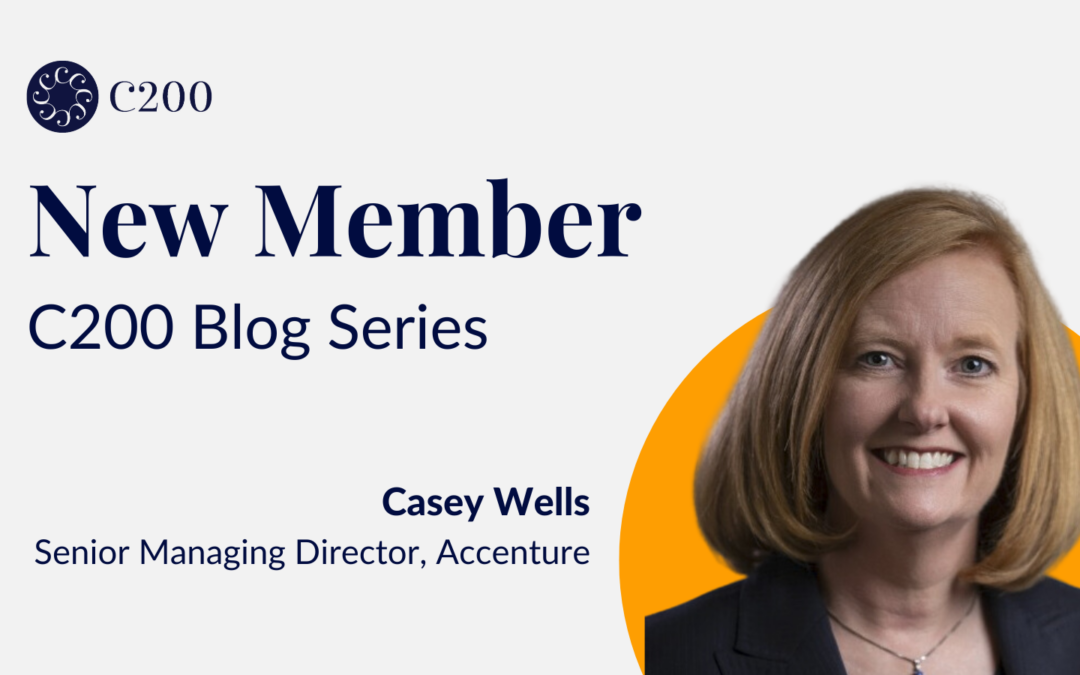
New Member Blog – Casey Wells
Casey Wells is a Senior Managing Director at Accenture, a global professional services company with leading capabilities in digital, cloud, and security powered by practitioners that specialize in Strategy and Consulting, Technology and Operations Services, and Accenture Song (creative, design, and marketing technology). Casey leads the North America Products Industry Group that delivers comprehensive solutions to companies in the life sciences, retail, consumer goods, travel, industrial, automotive, and aerospace & defense industries. She is a strong advocate for diversity and talent development, constantly working to create purpose-driven environments to attract the next generation of leaders. In her free time, she loves to cook, read, and play tennis & golf with her two sons and husband, Mark. Casey has been a member of C200 since February 2023.
Eva Glassman: Could you please introduce yourself and describe what you do?
Casey Wells: I’m a Senior Managing Director at Accenture. I lead a part of our business in the North America focused on delivering a wide range of services to companies that are in the Products Industry Group, which is made up of seven industries: life sciences, retail, consumer goods and services, industrial, auto and mobility, aerospace and defense, and travel. I work with teams across Accenture to help our clients on their journeys to transforming and improving their businesses, whether through consulting and advisory services, technology implementations, back or front office operations, or even in their manufacturing operations. Our teams also help clients consider how they are engaging with their customers through marketing, customer experience, and communications.
EG: What’s your day-to-day like specifically?
CW: There are no two days that are alike! I am typically meeting with clients and/or working with our project teams every day. That can take many forms; sometimes we meet virtually, sometimes in either our client’s or Accenture’s offices. Sometimes, I could be working and meeting with one client all day, and sometimes I could be meeting with different clients and teams every hour. I love the variety and the fast-paced nature of the job, which is why I have been doing this for almost 30 years!
EG: Could you describe your journey to where you are now? What do you believe is the most significant factor in your career success?
CW: I started my career at Accenture right out of college—literally days after I graduated—as a practitioner providing consulting services to clients in what we now call change management or talent and human performance areas of work. I was helping clients with training, change management, and communications typically associated with large systems implementation projects. Throughout my career, I’ve really been fortunate in that I’ve been able to pivot through all the different types of service lines we provide to our clients. I’ve been a technologist, a strategist, I’ve even helped run back-office operations. I’ve done a little bit of everything!
Most of my time was spent serving in the utility industry—your electric, gas, or water utilities that supply services to your home or business. I offered them consulting, technology, operational, and strategic services for about twenty-five years. I played all kinds of roles, from a practitioner helping to manage the relationship between Accenture and the client (we call that a client account lead), to a role like the one I have today: operating across multiple industries, managing the P&L. At one point I was even the global utility industry lead, so I led our utilities work across the globe for that industry.
Then, I was fortunate enough to lead our Strategy and Consulting business here in the Northeast of the US. That team provides advisory services to all nineteen industries that Accenture serves, plus all the functional areas we provide services for. That was a really interesting experience because it gave me a much broader view outside of the industry I had been working in and exposed me to much more.
Then, about two years ago, I was asked to take on this role, leading our products industry teams here in the Northeast United States. I’ve been doing that for the past two years, and very recently, I was asked to look after our products teams across North America. I work with folks that look after other regions like the South, Midwest, West, and Canada to ensure they have the best of Accenture working with their clients and teams. It’s been a very interesting journey!
All along the way, I’ve lived in the Metro New York area with my boys. I have a fourteen-year-old son who is a rising freshman in high school, a nineteen-year-old son who is a rising freshman in college, a four-legged Sheepadoodle boy named Harrison, and my biggest boy is my husband Mark, who takes care of us all. Typically, on the weekends, Mark and I run around with the kids to keep everyone busy, whether we’re going to a tennis court or a golf course, and trying to get ready for the following week.
EG: That’s incredible that you’ve been working for Accenture since you graduated from college!
CW: A big part of the longevity of my career at Accenture is that I’ve had the wonderful opportunity to reinvent myself and my areas of focus multiple times—at least ten or twelve times. Over nearly three decades, I’ve been able to focus on and learn new skills, new areas of our business, new clients, and new industries. That’s really kept it fun, exciting, and fresh. I’m learning something new every single day, even though I’m almost thirty years in. I’m also very confident that I work with the best colleagues on the planet. We have 750,000 employees at Accenture across the globe, and I’m so proud and pleased to work with them because they are the best and brightest. They push and challenge me to be better; I learn from them daily as they serve our clients. It’s been a phenomenal experience; I can confidently say this has been an incredible and fulfilling journey.
EG: Did you have any female mentors at the start of your career? What women have been inspiring to you and why?
CW: There absolutely are women leaders who have inspired me over the years, some of which are members of C200 and why I joined this organization myself. People like Pam Craig and Debbie Polishook were the most senior leaders in our company when I was rising in the ranks. Thirty years ago, it was not common to see women as Partners or Managing Directors. A small but determined group of women was leading the charge and the change back then. While female mentors were very rare for me, they were certainly inspirational for me in not only how to be a good professional but also how to be a balanced working mom and to have a balanced personal life, with or without kids. I absolutely used them as my guidepost, but I equally leveraged men, too. I was so fortunate to have some very senior men who understood the need to keep creating pathways and opportunities for women to thrive in this organization. I had some great male mentors and leaders who reached down and helped lift me up, ensuring that I was getting opportunities that sometimes I didn’t believe I could succeed in. While I did have female mentors, I was also lucky to have male mentors were also strong allies and helped me chart my path.
EG: Now that you’re in this huge leadership position, what does being a “woman in business” mean to you, and how do you apply that thinking to your work?
CW: I don’t stress being a “woman in business,” but as a female in business with a fairly senior position, I definitely feel like I have a responsibility to look after the women in our organization—to make sure that they see the possibilities in front of them, to be a sounding board and outlet for them, and not only be an ally but also an advocate for them and truly ensure that there is equal opportunity for all. We work for a phenomenal company that believes and promotes diversity in our workforce. We are proud that our CEO is a female and have a lot of wonderful female leaders we can look to. We’ve done a great job of working towards gender parity and balance, but more can always be done. As a female leader, I feel we all have the responsibility to continue looking out for the next generation and model the behaviors that will help them see their own path and achieve their own potential as leaders.
EG: Now for a fun one! You’ve talked about this a bit already with your family, but outside of work, what do you like to do for fun?
CW: While I enjoy being with my friends and hanging out, my family is my true focus on the weekends. They truly are a fun outlet for me, so I try to make sure we’re doing different things together each week. We like to play tennis and ski together, which is our favorite family activity. I also recently started playing golf which has made for some fun family trips to the golf course!
I also quite enjoy cooking. I don’t bake; I cook—there’s a difference! Baking is far too exact for me in the kitchen. I’m very exact at work, but not so exact in the kitchen! My friends mostly know me as the “Appetizer Lady”—I can throw a mean cocktail party!
I also love to read; I’m currently on this kick of reading biographies of business leaders. I just finished reading “Good Power” by Gini Rometty if anyone’s looking for a good read.
EG: What’s your advice to aspiring female entrepreneurs and leaders who want to advance their own careers?
CW: My best piece of advice is: find your way to “yes.” That means being willing to try anything. When you come across an opportunity, while it may not appear at that moment to be the best thing to do, find something in that opportunity that’s going to help you learn, grow, and give back. Find something that has purpose and meaning to you. Make sure that you’re not limiting yourself to what you think you should be doing. Open your mind and think about finding your way to “yes.” That also comes with being fearless and jumping in. Don’t think anything has to be an exactly perfect fit. The whole purpose of taking on new roles and opportunities is to grow and learn, so there should be some things that you haven’t learned or tried yet, and that’s okay! Lean into those experiences.
Lastly, I say this to my teams a lot: “You gotta have fun every day. I want you to get up and want to run to work every day.” You must have that level of excitement because work is hard sometimes. It can take a lot out of you physically, emotionally, and intellectually. It also requires an amazing support team around you that also must give and take. You want to make sure that it’s really worth it and that you find joy in what you’re doing.
EG: You have to be excited in some way about what you’re doing at work to get stuff done. You have to be motivated by something to keep doing it. Otherwise, it’s not sustainable for you. Especially if you’re on a team, your motivation has a ripple effect on everyone else. Everyone needs to be on the same page and enthusiastic because a lack from just one person affects everyone’s ability to work.
CW: I think most people are familiar with the concept of the “shadow of the leader.” The shadow you cast—the way you behave and lead—that translates to the energy of the team. If you’re not having fun, no one else is either. I really do believe that we get the best out of people when they are motivated, excited, having fun, and engaging with each other. That starts with a motivated, excited, fun, and engaging leader.
EG: What are you most excited about as a new C200 member?
CW: I always enjoy getting a chance to meet people, hear about their journeys, and learn from the experiences that they’ve had. I had the fortunate opportunity to take part in C200’s C-Ahead Cohort in 2019 and got a chance to meet the most remarkable women that are part of C200. They were really inspiring to me, and I thought joining this group would give me the chance to expand my network, especially since I’m a woman who’s been at the same company for 29 years. Getting the opportunity to be with other women, other professional women who have built tremendous careers, to learn and engage with them, felt like an opportunity I couldn’t pass up.
